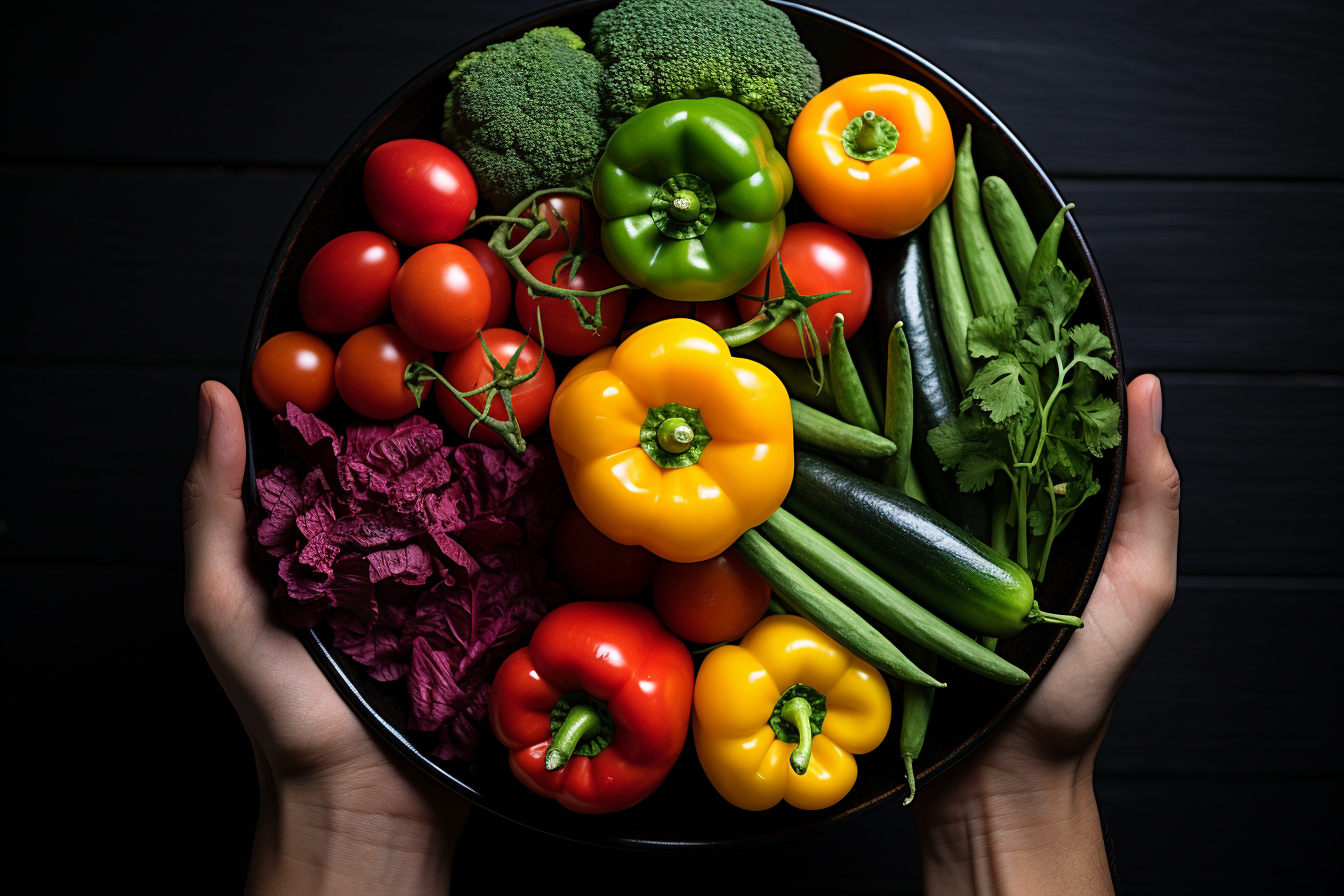Running a marathon is a major challenge that requires rigorous physical and mental preparation. For vegan athletes, there is an additional aspect to master: nutrition. Eating well is essential to maximize performance and promote recovery. Here is a series of nutritional tips for vegan marathon runners, to approach the race with vitality and vigor.
Balanced diet, the basis of performance
The foundations of a vegan diet for a runner must be well established. Favoring a diversity of foods will ensure sufficient intake of essential nutrients.
Macronutrients
Carbohydrates are the runner’s main fuel. They should represent between 55% and 65% of the total energy intake. Sources rich in complex carbohydrates, such as legumes, whole grains and tubers, should be favored for a constant energy supply. Fruits, for their part, will provide carbohydrates that are quicker to assimilate while offering vitamins and minerals.
The proteins are essential for muscle repair and building. Plant-based sources of protein include tofu, lentils, chickpeas, chia seeds, and textured soy protein. It is a good idea to combine various sources to obtain a complete amino acid profile.
Lipids should not be neglected as they play a role in inflammatory processes and recovery. Vegan runners should look to sources of healthy fats, such as avocados, nuts, flax and chia seeds, as well as quality oils, such as extra virgin olive oil.
Micronutrients to watch out for
There vitamin B12, not being naturally present in vegan foods, must be supplemented. Deficiencies can have adverse effects on performance and general health.
THE iron is another critical micronutrient, especially for female runners, that can be more difficult to absorb in its plant form. It is therefore advisable to combine its consumption with foods rich in vitamin C to promote absorption.
THE calcium, iodine and the vitamin D are other micronutrients whose needs must be met, either through diet or through supplementation if necessary.
Hydration: a non-negotiable point
A optimal hydration is crucial. Losses of water and electrolytes must be compensated regularly. Electrolyte drinks or even simple salty snacks can help maintain balance. It is recommended to test your hydration strategy during training to adjust it according to individual needs.
Key Periods of Sports Nutrition
During training
Long outings require carbohydrate intake to maintain energy levels. Quality energy gels, vegan bars or dried fruits are options to consider. The period after training is also crucial for recovery; A 3:1 ratio of carbohydrates to protein is often suggested to repair muscles and replenish glycogen stores.
Before the race
In the days leading up to the marathon, increasing the consumption of complex carbohydrates will help maximize energy reserves. The pre-race meal, taken 3 to 4 hours before, should be rich in carbohydrates, moderate in protein and low in fat and fiber to facilitate digestion and avoid gastric discomfort.
D-day
Breakfast should be tested during training. Generally, an easy-to-digest meal with a good source of carbohydrates is ideal. After kickoff, runners should eat lightly every 30 to 45 minutes, making sure to stay hydrated throughout the course.
Understanding and preventing deficiencies
It is wise to have regular testing to monitor levels of iron, vitamin B12 and other critical micronutrients. Anticipating deficiencies makes it possible to adjust the diet or implement adequate supplementation.
Recovery, an aspect not to be underestimated
After the race, the emphasis is on regeneration. High-quality protein, carbohydrates and good fats, combined with anti-inflammatory foods like berries or turmeric, will support the healing process.
Power management on the go
Participating in marathons can mean traveling. Having nutritious snacks on hand, knowing vegan dining options in advance, and bringing dietary supplements with you can make it much easier to maintain a balanced diet.
Open Conclusion
Following these dietary guidelines will promote optimal preparation for vegan marathon runners. Every athlete is unique and it can be beneficial to work with a nutrition professional to personalize the dietary approach. Careful nutrition, combined with proper training and planning, is the secret to crossing the finish line with strength and satisfaction. Vegan nutrition, properly managed, can not only support but improve endurance performance, demonstrating the power of a plant-based diet for high-level athletes.












